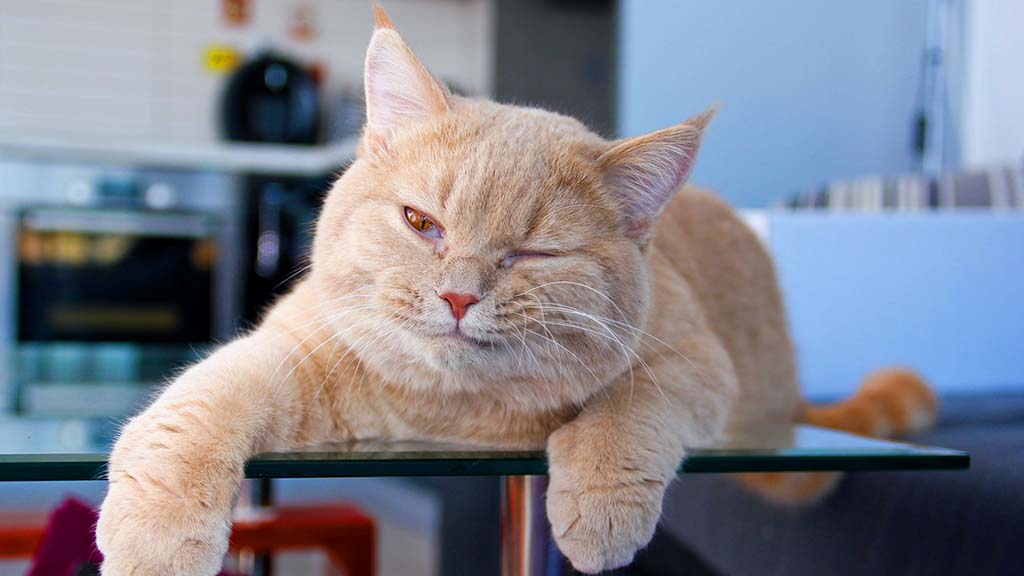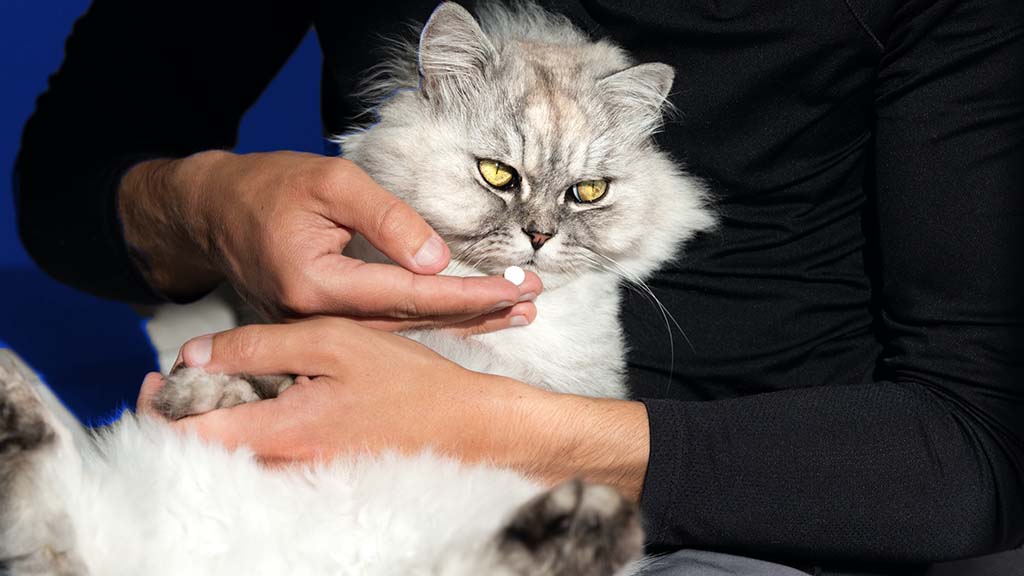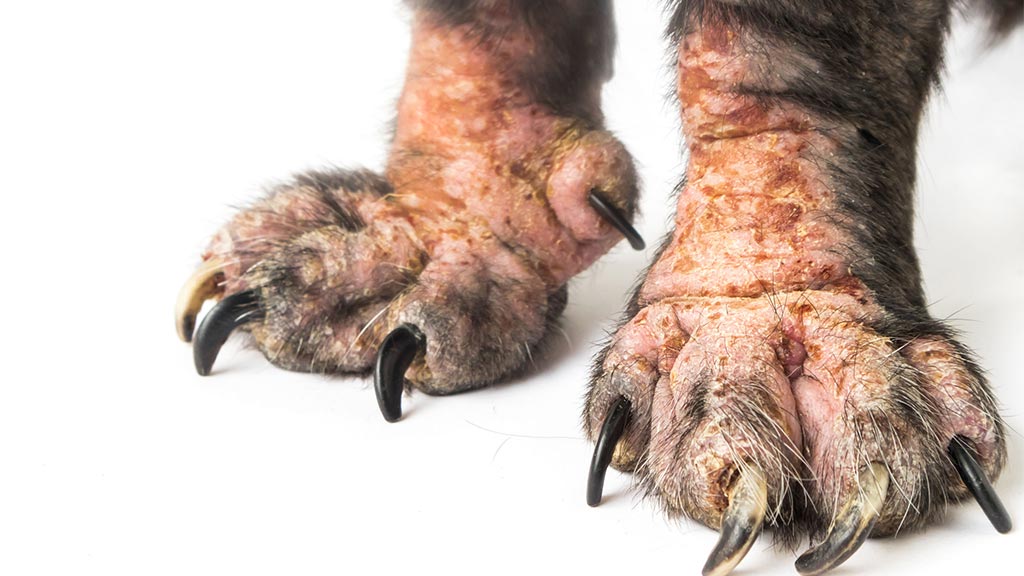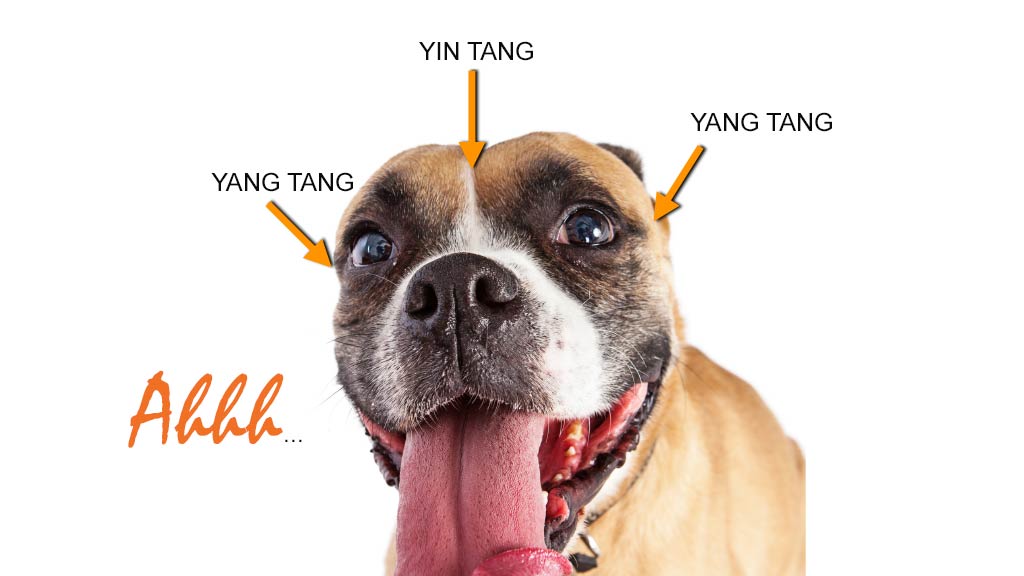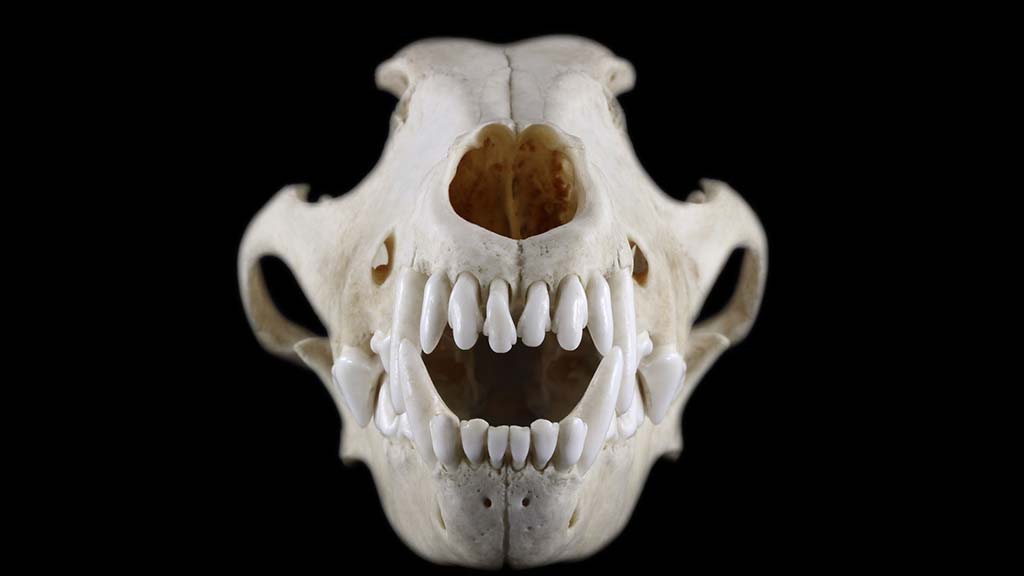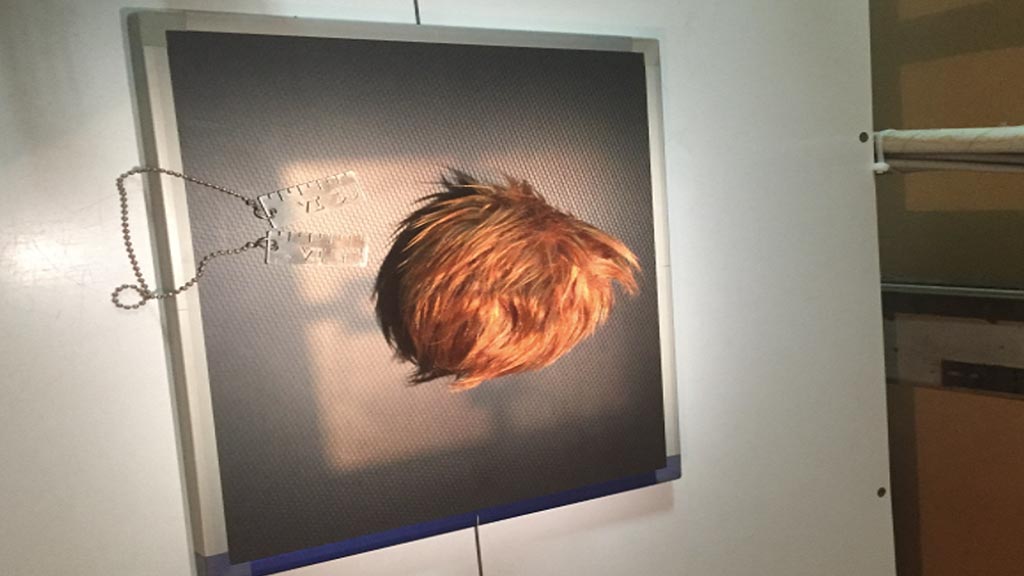Arthritis is a common issue in older cats, though the signs are not always clear. If you have a cat that’s 8 or more years old, here’s how you can identify if he has arthritis and what you can do to make him feel better.
Signs of Arthritis in Cats
Not too many pet owners see overt signs of arthritis in their cats. Limping, for example, is almost never reported. Arthritis signs are usually more subtle. If your cat is older and exhibiting any of the following signalment, it’s important that you have him evaluated by one of our veterinarians.
Reduced mobility
Watch your cat after he gets up. Does it appear as though he’s stiff? Does he hesitate when jumping up or down from places in your home that didn’t used to be a bother? Is he having accidents outside of the litter box (especially if the litter box is kept in a place that forces him to jump in and out, like a bathtub)? Does he travel less frequently up and down stairs? Any of these signs of reduced mobility could mean that your cat is suffering from arthritis-related joint pain.
Reduced activity
All animals become more sedentary as they age, so distinguishing age-related inaction from arthritis-related pain can be tough. Some signs that may point more strongly towards signalment for pain include a reduced interest in hunting or going outside, sleeping in spots closer to the floor or on surfaces that are more comfortable that usual resting spots, and a reduced interest in playing with humans or other animals in the house.
“Cats typically ‘fake it till they make it’ and are usually in far more pain than their subtle behavioral changes would suggest. Chronic pain affects not just quality of life, but basic physiological function; it wears down psychology and biology.” Dr. Howard Gittelman, Medical Director, Animal Medical of New City
Reduced Grooming
Sometimes arthritis makes grooming for cats painful. Alternatively, cats can over groom an area that is painful, so be on the lookout for both. Keep in mind that a decrease in grooming is almost always a sign of illness in cats, even if it is not arthritis, so if your cat begins to groom less, reach out to us quickly.
Attitude Change
Is your cat less tolerant of being pet? Perhaps he resists being picked up, held, or has started to behave aggressively towards other pets in the house. He may be doing this because he’s painful and he doesn’t want anyone or anything to cause him more pain.
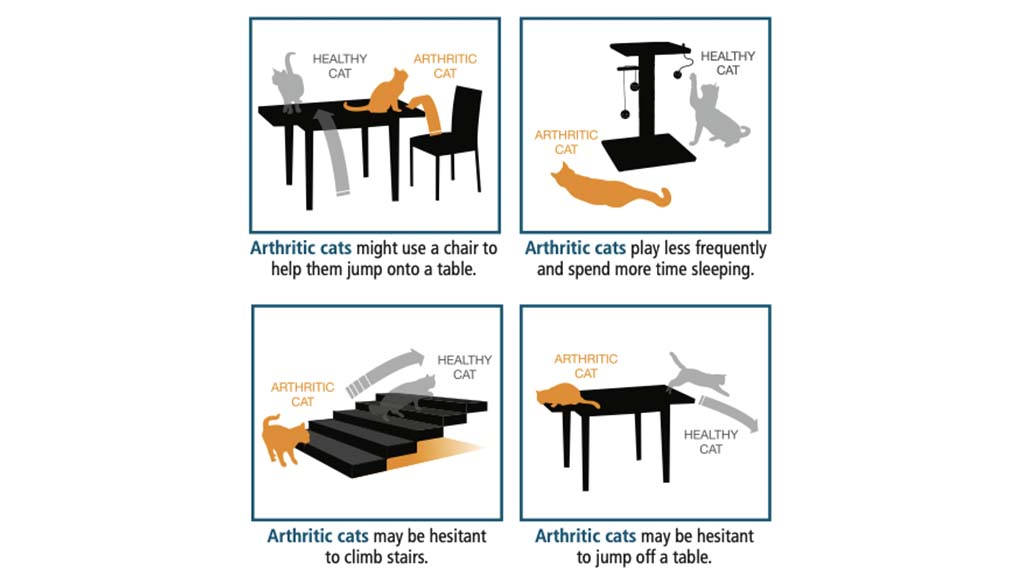 Reprinted with permission from the AAFP, with original artwork supplied by Boehringer Ingelheim, and is included in the Degenerative Joint Disease for Cats Brochure at www.catfriendly.com/djd
Reprinted with permission from the AAFP, with original artwork supplied by Boehringer Ingelheim, and is included in the Degenerative Joint Disease for Cats Brochure at www.catfriendly.com/djd
Look For These Painful Areas
Arthritis in cats is usually concentrated in the lower back, shoulders, elbows, hips, knees and ankles. If you are petting your cat and notice that he is less tolerant of these areas being touched, he may be experiencing arthritis-related pain.
What To Do For Cats That Have Arthritis
Up till now, arthritis in cats has most commonly been treated with non-steroidal anti-inflamatory medication (NSAID), but there was a drawback. Cats on long-term NSAID care had to be screened regularly for kidney damage related to how the NSAID worked to reduce pain.
Click To Schedule an Appointment
Fortunately, a new medication, Solensia, gives pet owners an alternative to the cost and risk of long-term NSAID care. Solensia (frunevetmab) is a safe, feline-specific monoclonal antibody that attaches itself to the protein that’s responsible for pain in cats. Studies have shown that 75% of felines treated with Solensia have a significant reduction in arthritis-related pain.
“Treatment options for cats with osteoarthritis are very limited. Today’s approval marks the first treatment option to help provide relief to cats that are suffering from this condition and may significantly improve their quality of life.” Steven M. Solomon, M.P.H., D.V.M., director of the FDA’s Center for Veterinary Medicine
Solensia has been on the market in Europe for over a year, but was just approved by the FDA in September 2022 and is now available for treatment. It can only be prescribed and administered by a veterinarian. Animal Medical is pleased to offer this therapy which many pet health professionals believe will revolutionize pain management in cats and significantly improve their quality of life as they age. Solensia is affordable and is administered once monthly by injection alleviating the hassle and stress of daily oral NSAID medication. It’s an excellent alternative for pet parents that travel or work a lot for whom daily NSAID administration may be a worry.

